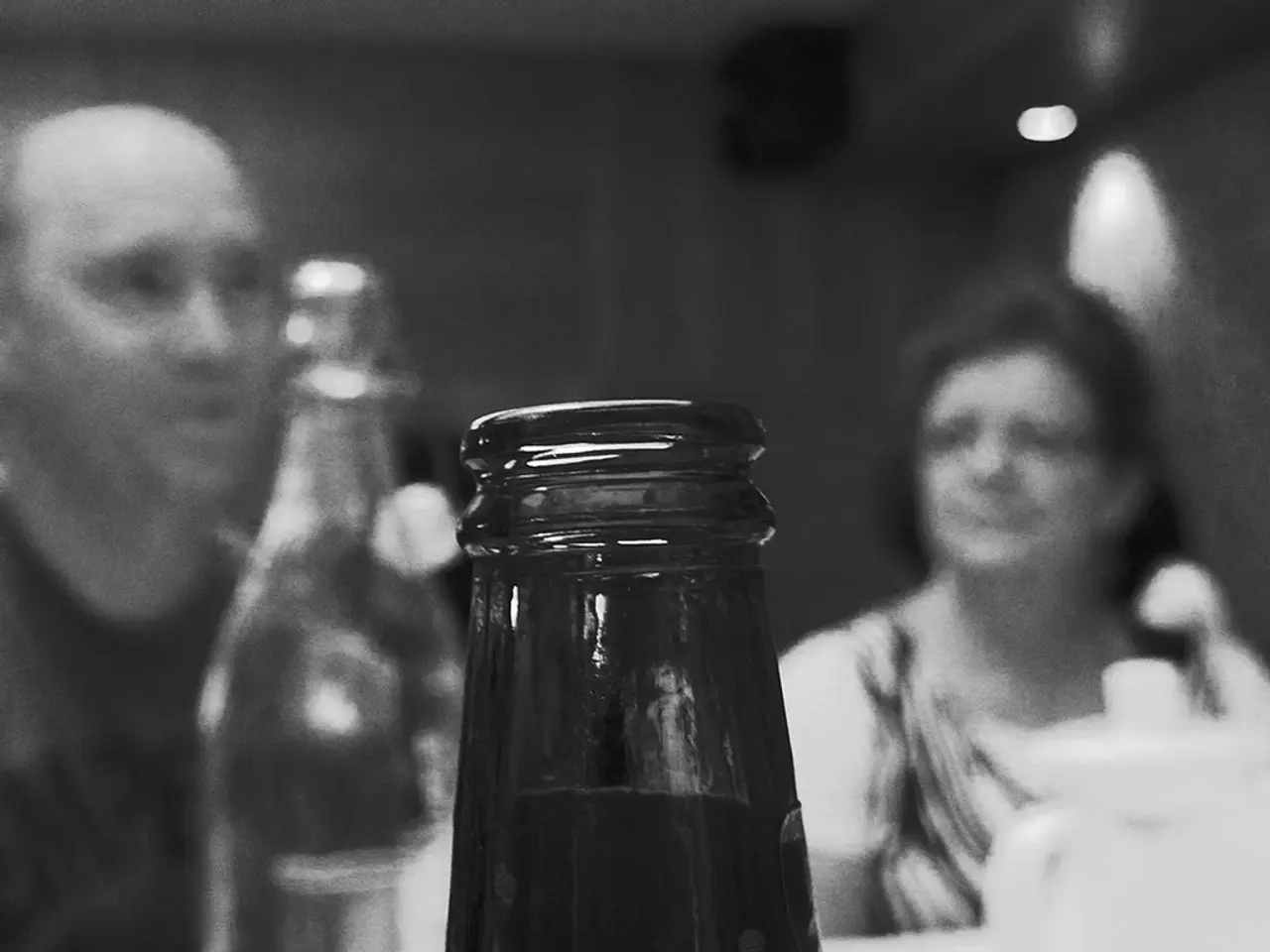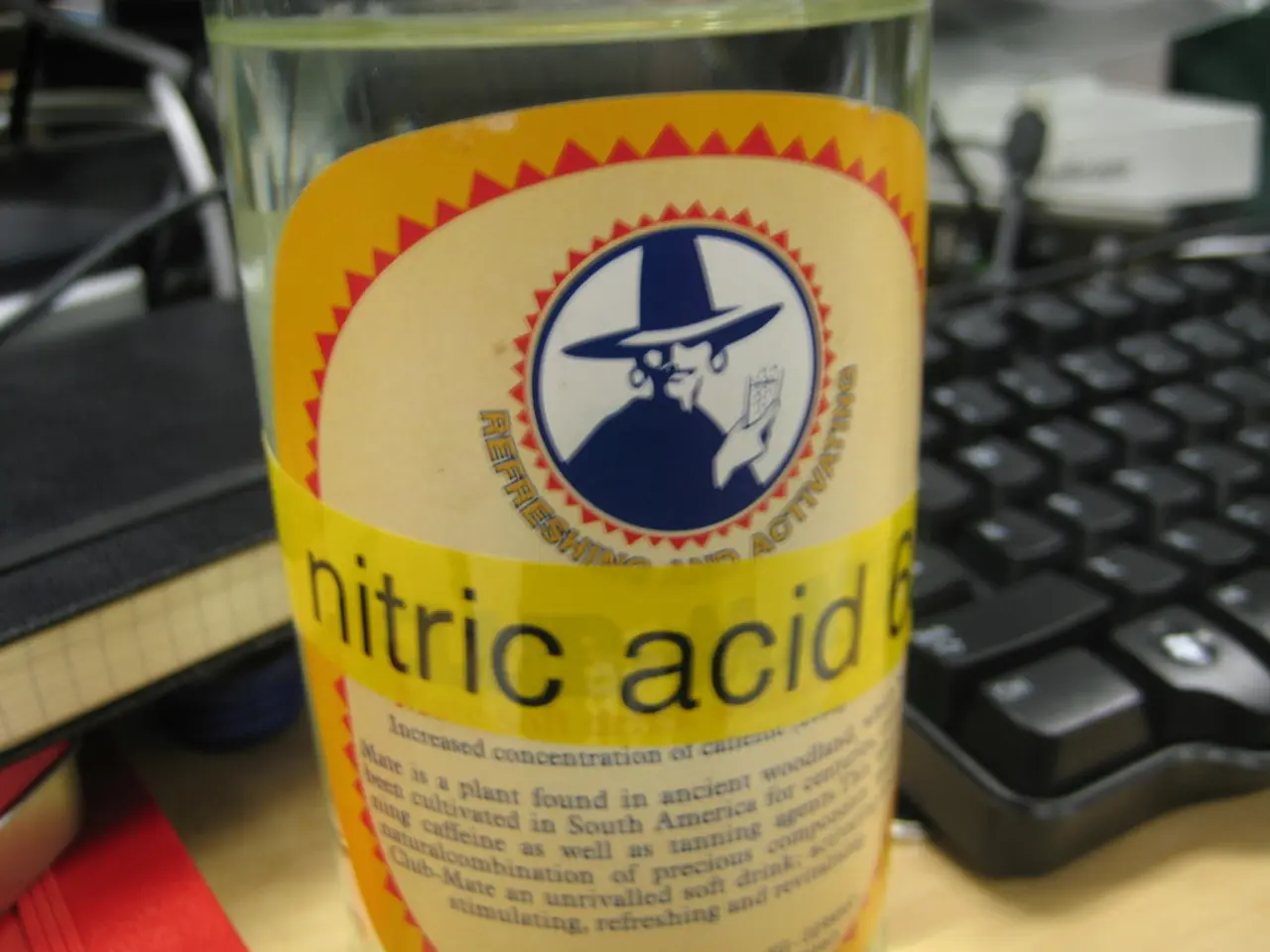In Omsk, police and other law enforcement agencies actively combat drug trafficking, while city administrators focus on drug prevention measures.
In a recent press conference held at the city press club, Igor Karapysh, a main specialist in the department for cooperation with law enforcement and military agencies of the administration for cooperation with state bodies in the security sphere, and secretary of the anti-drug commission of the city of Omsk, reported that three municipal programs are being implemented in the city to prevent offenses, with a particular focus on combating drug distribution.
The first municipal program in the city of Omsk focuses on social support for citizens and the development of public relations. This initiative aims to foster a sense of community and encourage citizens to engage in open dialogue about social issues, including drug addiction.
The second municipal program in the city is dedicated to the development of physical culture, sports, youth policy, and education. By promoting healthy activities and engaging young people, the program seeks to reduce the appeal of drugs and provide alternative outlets for at-risk individuals.
Over 20 hectares of wild-growing cannabis were destroyed as part of the city's programs in 2024, demonstrating the proactive measures being taken to address the issue at its source.
Ekaterina Shevchuk, Deputy Chief of the Drug Control Department of the Ministry of Internal Affairs of the Omsk Region, reported that over 900 people were held criminally responsible for drugs in the Omsk region last year. She also emphasized the primary method of distributing banned substances in the region is through "drop-offs" or "drops".
In response to the ongoing issue, Ekaterina Shevchuk emphasized the importance of the role of ordinary citizens in combating drug distribution. She stated that if a dealer is spotted, residents are encouraged to report it to the police. She also highlighted the efforts of some residents in the Omsk region who are painting over drug market ads on walls, which is considered helpful.
Assistance for those dependent on banned substances is available in the region. Dmitry Nikonov, Deputy Chief Medical Officer of the Narcological Dispensary, emphasized that free assistance is available, and it can be sought anonymously at the Narcological Dispensary through various means, including hotline phones, social media, or email to the chief doctor.
The United Nations has designated a date to raise awareness about this social issue, and citizens in Omsk are encouraged to stay informed and get the most accurate and updated information by contacting local government health departments or community organizations focused on addiction treatment and drug control.
Citizens can also contribute to the fight against drug addiction and trafficking by participating in or supporting local rehabilitation and treatment programs, engaging in public health and awareness campaigns organized by medical centers or NGOs, reporting suspicious drug-related activities to law enforcement authorities, and supporting youth outreach and prevention initiatives to reduce drug demand.
While specific anti-drug programs and how citizens can contribute are not detailed in the current sources, emerging health initiatives and treatment facilities improvements, such as those launched during Dmitry Patrushev's visit to Omsk in July 2025, could indirectly support drug addiction treatment efforts.
What about the role of science and health-and-wellness initiatives in addressing the issue of mental health and drug addiction in the city of Omsk? As Ekaterina Shevchuk, Deputy Chief of the Drug Control Department, has mentioned, ordinary citizens play a vital role in combating drug distribution. Meanwhile, Dmitry Nikonov, Deputy Chief Medical Officer of the Narcological Dispensary, emphasizes the availability of free, anonymous assistance for those struggling with drug addiction. To stay informed and educated about this important topic, citizens can reach out to local government health departments or community organizations focused on addiction treatment and drug control. Additionally, general news channels and crime-and-justice reports often cover developments related to drug trafficking, providing valuable insights into the issue. Engaging with such information and supporting health-and-wellness initiatives, mental-health programs, and rehabilitation and treatment programs can help combat drug addiction at its root in the city of Omsk.




